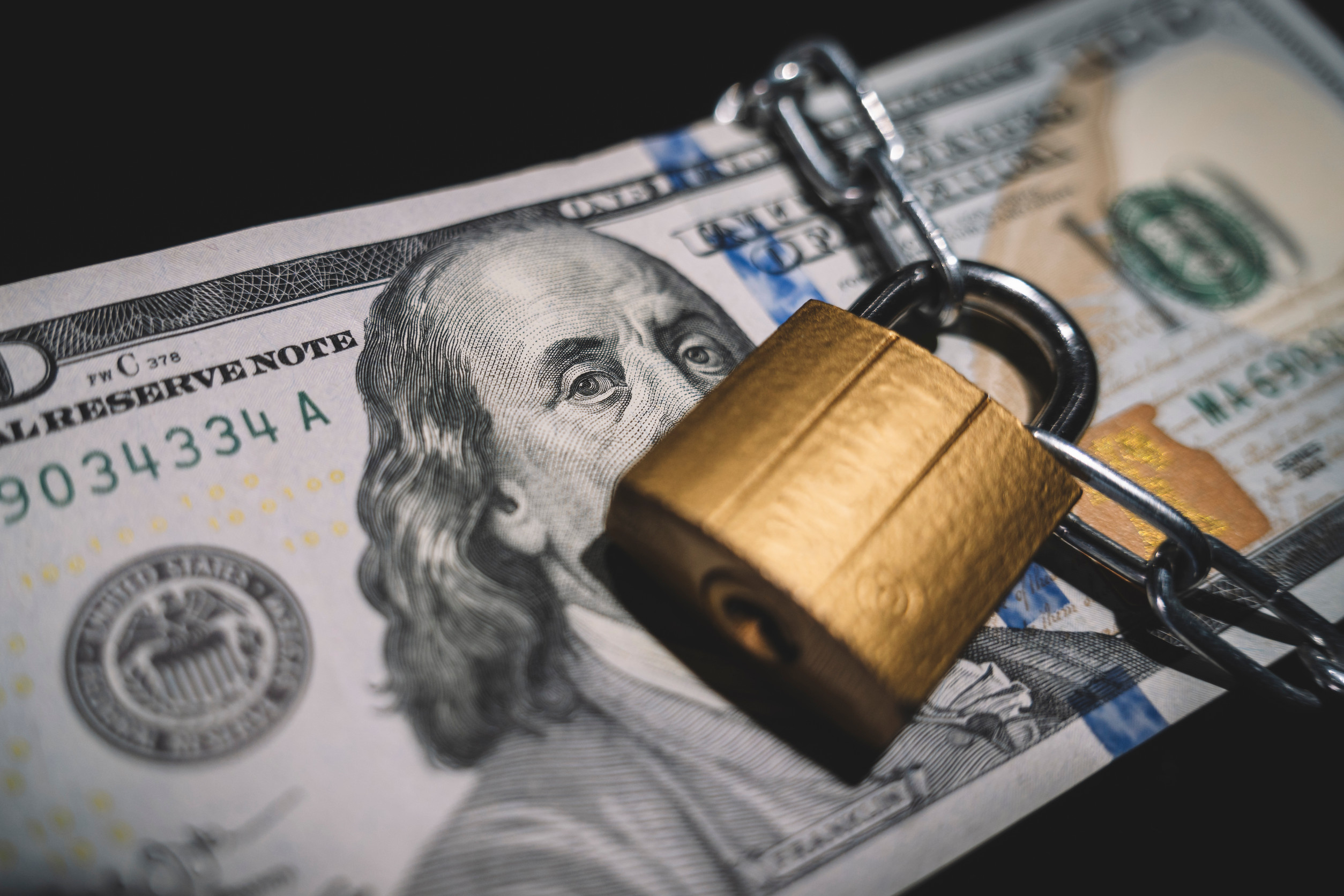
Image source: 123rf.com
Money and friendship can be a tricky mix. While it may seem natural to lean on someone you know for financial advice or help, trusting a friend with your money can create risks that aren’t obvious at first. From misunderstandings about expectations to serious financial mismanagement, the consequences can be long-lasting. On the other hand, there are also cases where friends offer genuine support and guidance. Knowing what can happen when you trust a friend with your finances will help you decide whether it’s a smart choice or a mistake waiting to happen.
1. Blurred Boundaries Between Friendship and Business
When you trust a friend with your finances, the lines between personal and professional roles can get blurry. You may find it hard to separate emotional loyalty from practical financial decision-making. This can lead to overlooking mistakes or ignoring red flags because you don’t want to damage the friendship. Unfortunately, this leniency can make financial problems worse over time. Keeping clear boundaries is essential to prevent resentment on both sides.
2. Risk of Poor Financial Advice
Not all friends are qualified to handle financial matters, even if they mean well. When you trust a friend with your finances, they might give advice based on personal experience rather than professional knowledge. While some tips may be harmless, others could result in costly mistakes such as poor investments or overlooked tax rules. Unlike certified financial planners, friends aren’t held to professional standards. This lack of accountability can put your financial future at risk.
3. Strain on the Friendship
Mixing money and friendship often creates tension. If you trust a friend with your finances and things don’t go as planned, it’s easy for frustration and blame to build. Even small disagreements about how money should be handled can damage trust. Many friendships have ended over financial disputes that seemed minor at the start. Protecting your relationship often means keeping money matters out of it.
4. Potential for Exploitation
While many friends are trustworthy, not everyone has pure intentions. When you trust a friend with your finances, you expose yourself to the possibility of being taken advantage of. Lending money, sharing bank access, or investing through a friend can lead to betrayal if their priorities shift. Unfortunately, cases of fraud and broken trust happen more often than people think. Safeguarding your accounts and maintaining control over decisions is always safer.
5. Complicated Loan Arrangements
Friends often turn to each other for loans when banks or lenders aren’t an option. While lending or borrowing may feel supportive, it often leads to misunderstandings about repayment terms. When you trust a friend with your finances in this way, late payments or forgotten promises can create resentment. Unlike formal lenders, friends rarely use contracts, which makes disputes harder to resolve. The lack of structure can easily turn generosity into a source of conflict.
6. Missed Professional Opportunities
By choosing to trust a friend with your finances, you may miss out on guidance from qualified professionals. Financial advisors, accountants, and planners are trained to provide strategies tailored to your situation. Friends may not have access to the same tools, insights, or resources that professionals offer. As a result, your long-term financial growth may be limited. Relying on a professional ensures your money is managed with expertise rather than guesswork.
7. The Rare Case of Success
It’s worth noting that sometimes trusting a friend works out well. If your friend is financially savvy, responsible, and genuinely invested in your success, they may provide valuable support. Some people find great partners in friends who help them stay disciplined and focused. However, this success usually depends on setting clear expectations, boundaries, and open communication. Even in these cases, having a written agreement helps prevent misunderstandings.
Protecting Both Your Money and Your Relationships
When you trust a friend with your finances, you risk not only your financial health but also the quality of your relationship. While some friendships can handle the pressure, many suffer under the weight of money issues. The safest approach is to lean on professionals for financial advice while keeping friendships free from financial entanglements. This way, your money is secure, and your relationships remain strong.
Have you ever trusted a friend with your finances? Did it strengthen your bond or create challenges? Share your story in the comments below.
What to Read Next…
Why Do People Fall for Get-Rich-Quick Schemes Again and Again
10 Financial Risks of Starting a Side Hustle Too Quickly
Why Do Some Investors Panic at the Worst Possible Time
10 Financial Risks That Come From Ignoring Small Debts
9 Lesser-Known Risks of Relying on Gig Work
Catherine is a tech-savvy writer who has focused on the personal finance space for more than eight years. She has a Bachelor’s in Information Technology and enjoys showcasing how tech can simplify everyday personal finance tasks like budgeting, spending tracking, and planning for the future. Additionally, she’s explored the ins and outs of the world of side hustles and loves to share what she’s learned along the way. When she’s not working, you can find her relaxing at home in the Pacific Northwest with her two cats or enjoying a cup of coffee at her neighborhood cafe.








